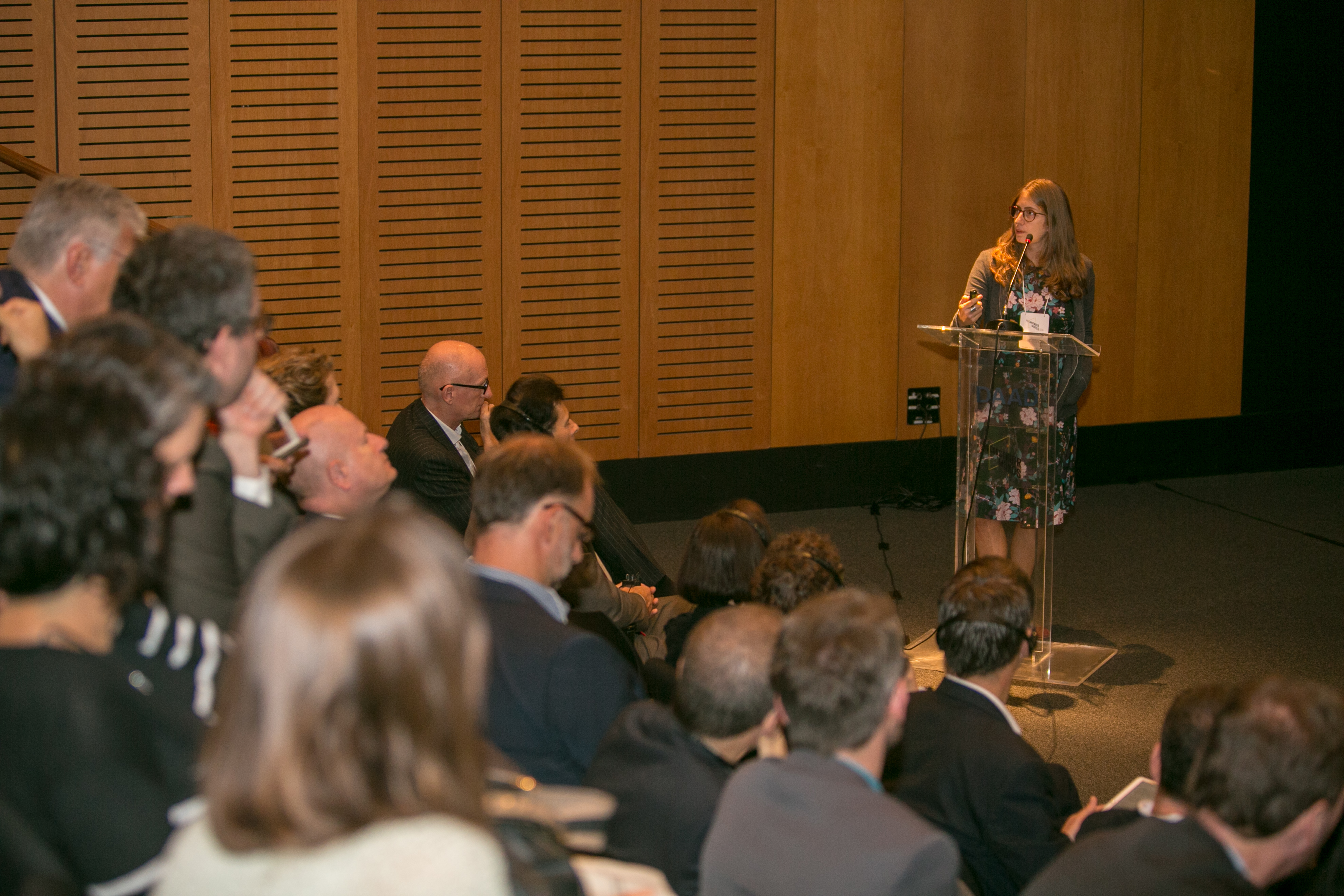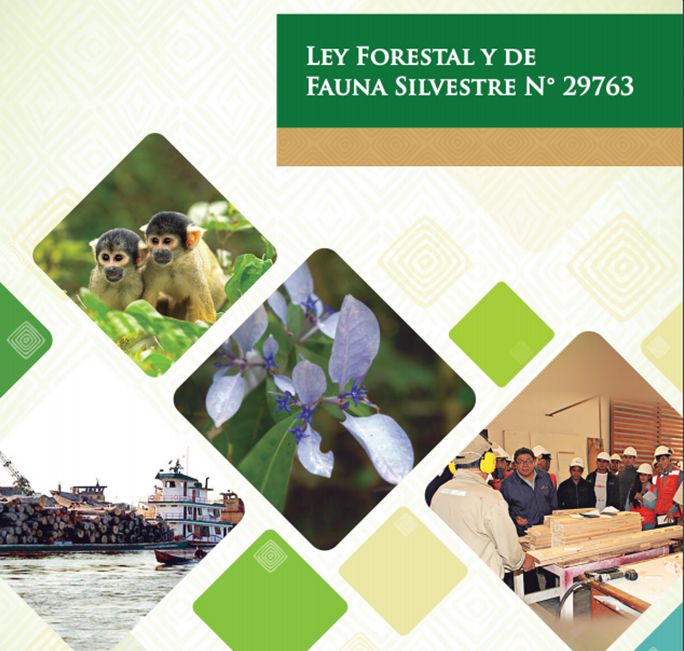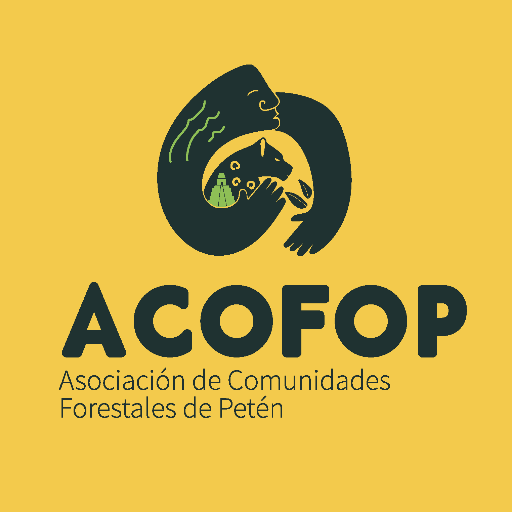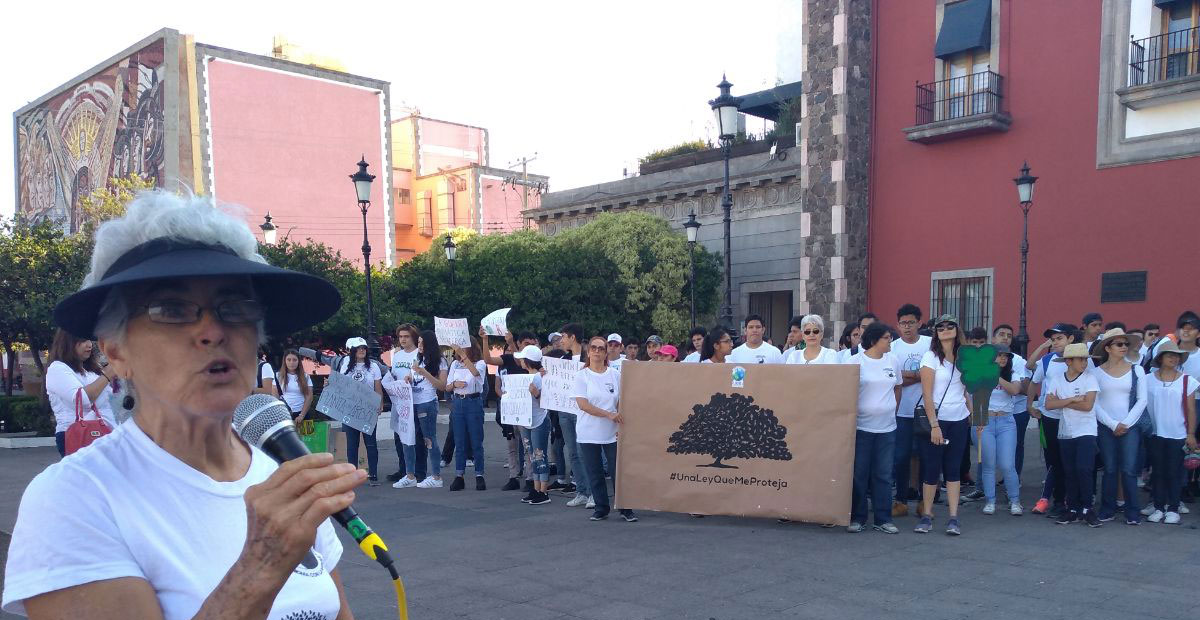Noticias
September News 2019
Currently @ LATINNO
Since August, worldwide attention has turned to Latin America where record-breaking fires have threatened the preserved areas of the Amazon Jungle, which represents over half of the planet’s remaining rainforest and comprises the richest biodiversity in tropical rainforests. According to Brazil’s National Institute for Space Research (Pt. Instituto Nacional de Pesquisas Espaciais) deforestation in the Amazon has increased 278% compared to last year. This month’s events increased the gravity and concern regarding the already severe environmental crisis.
Recently, the UN’s Climate Action Summit 2019 took place in New York as an effort to address climate change and assess different proposals to reduce greenhouse gas emissions and to discuss new ways of drawing carbon dioxide out of the atmosphere, including nature-based solutions such as reforestation and the protection of existing natural habitats.
While governmental authorities’ engagement is crucial to address the climate crisis, citizen participation in environmental concerns has proven equally relevant to influence the management agenda of the environmental crisis and to demand vigorous initiatives from political leaders. This month, our newsletter focuses on participatory initiatives and democratic innovations that foster the protection and preservation of the environment in Peru, Guatemala and Mexico.
LATINNO @ Rio de Janeiro
On September 29 and 30, the DAAD (Deutscher Akademischer Austauschdienst) organized the seminary “Deconstructing walls: Democratic processes since 1989” (Pt. Desconstruir muros: processos democráticos desde 1989), which took place in Rio de Janeiro. Through roundtables, the Seminary invited to reflect on contemporary ideas on democracy under three main central themes: polarizations and democratic setbacks, use of communication technologies in democratic processes, and points of friction in democracy.
Our project coordinator, Thamy Pogrebinschi, participated in two roundtables. The first one focused on representation, citizen participation and cyberactivism as new forms of democratic engagement from the civil society. The second roundtable centered the discussion on finding new ways for democracy under a context of recent political polarization in Brazil, which has led to a democratic setback.

FEATURED CASES:
Management Committee on Forest and Wildlife - Peru
The Management Committees on Forest and Wildlife (Span. Comités de Gestión Forestal y de Fauna Silvestre) were established by Article 22 of the Forest and Wildlife Law (Span. Ley Forestal y de Fauna Silvestre), which was approved in 2011. The Committees are designed to be a citizen participatory space for forest users, local communities, producers, local governments, and civil society representatives.
Members of the committee can get involved in governmental actions towards the preservation and protection of the Peruvian forests and its natural resources through the design and implementation of public policies, the contribution in administrative and monitoring activities, and the participation in the prevention and resolution of forest resources-related conflicts. Overall, the committees foster local citizen engagement in the management activities of the forests.

Association of Forestry Communities of Peten - Guatemala
The Association of Forestry Communities of Peten (Span. Asociación de Comunidades Forestales de Petén, ACOFOP) emerged after the creation of the Advisory Council of the Forestry Communities of Peten (Span. Consejo Consultivo de las Comunidades Forestales de Petén, CONCOFOP) with the aim of promoting community management, ecological sustainability, and socioeconomic development of the forests located in the Mayan Biosphere Reserve, which were granted to the local communities by the Government of Guatemala.
The Association of Forestry Communities of Peten comprises 22 Forest Communities. Its main objective is to legalize and foster the technical and productive organizational capacity of the organized community groups, and to create alliances with other non-governmental organizations. In addition, the General Assembly of ACOFOP (made up of representatives of each community group) is responsible for representing and influencing local, national and international political spaces. Among many other achievements, the ACOFOP has successfully managed to reduce forest fires and deforestation to less than 1% in the area.

NEWEST INNOVATION:
Citizen Initiative to Promote the Law for the Protection of Urban Trees - Mexico
The project to promote the Law for the Protection of Urban Trees was a citizen initiative launched by the civil association and environmental group “Planeta 4 Grupo Ecologista”. After several peaceful demonstrations in Guanajuato, the citizen initiative led to a draft bill to protect, conserve and foster urban trees and green areas in the cities, with the main goal of protecting the environment and reducing the effects of the intense heat waves that have affected Mexico in recent years.
The draft of the Initiative to Promote the Law for the Protection of Urban Trees was presented by the civil association to the Environmental Commission of the State Congress of Guanajuato on May of this year. Among many other positive impacts, the activists highlight that the initiative will allow an improvement in the city’s ventilation, an increase in green areas, a promotion of an environmental balance and sustainable development in cities, and an overall improvement in the living conditions of citizens in urban areas.

AMAZON AID:
If you're interested in collaborating or supporting the work of civil society and researchers to protect the Amazon rainforest, you can find a list of NGOs active in the field under this link.
